
Sign in to your Collider account
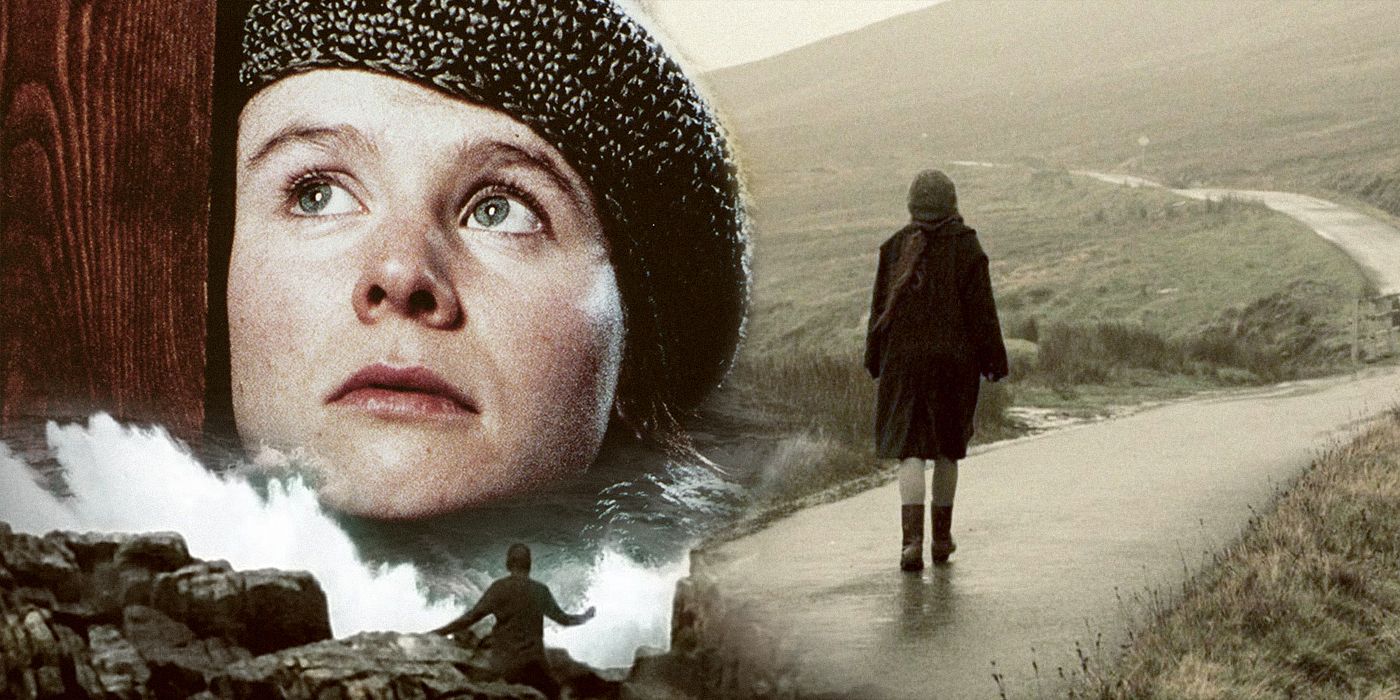
Dogme 95 was a film movement founded by Danish directorsLars von Trier and Thomas Vinterberg in the late 1990s. Its goal was to "purify" filmmaking, stripping it down to its bare essentials. These filmmakers rejected what they saw as cinematic artifice: special effects, elaborate sets, and extravagant post-production techniques. Instead, they placed a premium on authenticity and raw emotion, filming on location, using hand-held cameras, and keeping the props to a minimum.
The movement was relatively short-lived, coming to an end around 2005, which was probably for the best, as long-running film movements always run the risk of slipping into irrelevance or, worse, self-parody. Still, over about a decade, Dogme 95 contributed several gems to cinema, even a classic or two. With this in mind, this list looks at some of the Dogme 95 movement's essential works, which are vital to understanding its goals and sensibilities.
10 'Joy Ride' (2000)
Directed by Martin Rengell
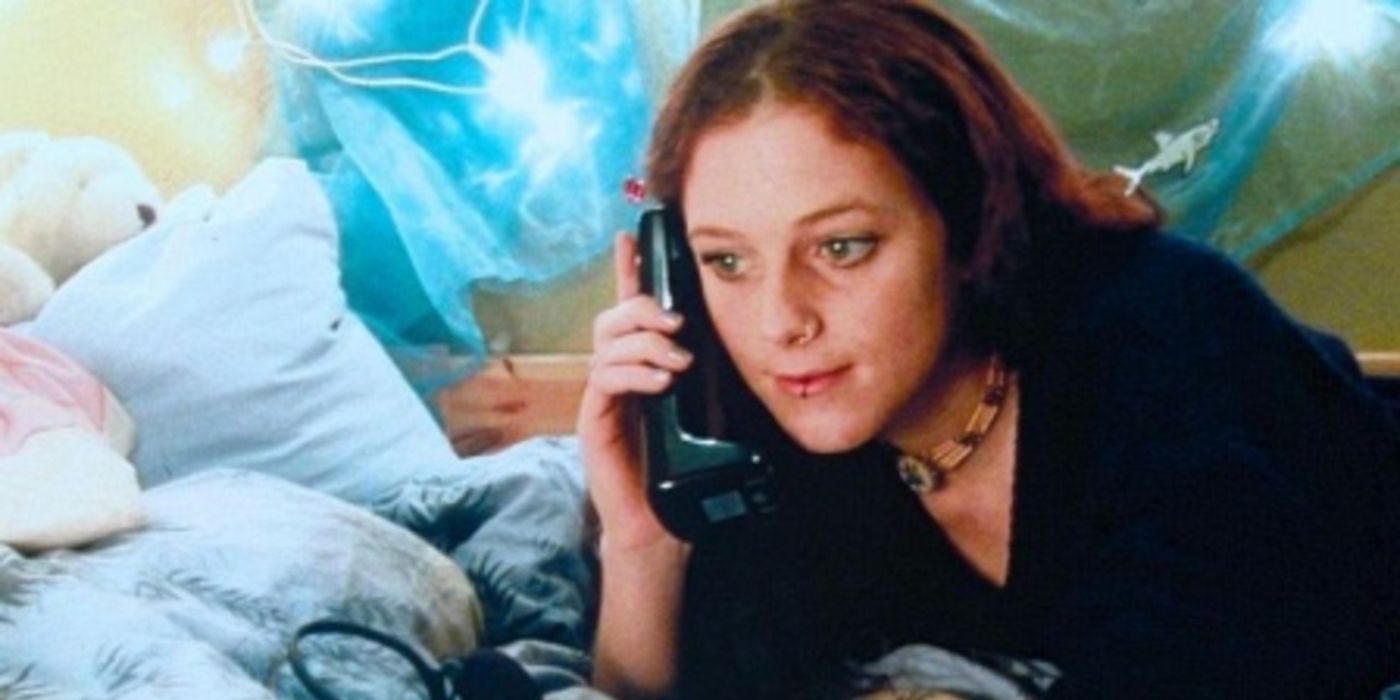 Image via Frenetic Films
Image via Frenetic Films "She really is dead!" Joy Ride (not to be confused with the Steve Zahn thriller) is a lesser-known Dogme 95 work by Swiss director Martin Rengell. The story revolves around a group of young people who spend their time driving around the city, drinking in trendy nightspots, and smoking joints. An outsider, Sandra (Claudia Knabenhans), joins the group and falls in love with one of its members, Daniel (Andri Zehnder). Their ambiguous and directionless relationship provokes tension, threatening to cause a schism among the friends.
Joy Ride 's only noticeable deviation from Dogme is the use of a non-diegetic soundtrack.
In keeping with the movement's principles, Joy Ride employs a realistic, near-documentary style, with real locations and mostly amateur actors in the main roles. The only noticeable deviation from Dogme is the use of a non-diegetic soundtrack. While not as instantly engaging as some of the other movies on this list, Joy Ride is worth checking out for those who have seen the more famous Dogme films and are looking for others under the same umbrella.
Joy Ride is not currently available to stream or purchase in the US and Canada.
9 'The Bench' (2000)
Directed by Per Fly
“We are not looking for answers, just for someone who can listen.” The Bench explores the interactions and relationships that unfold on a park bench, where a group of strangers finds themselves serendipitously drawn together. As the group interacts, each person reveals a layer of their personal life, from hidden desires to unspoken regrets. Through these characters, the movie becomes a broader exploration of loneliness and connection.
The Bench is anchored by a solid lead performance from Jesper Christensen as the town drunk. He also appeared in several Lars von Trier movies (as well as a small part in Sam Mendes's Spectre). The rest of the movie is lean and simple, clocking in at just 93 minutes, yet succeeding in using its minimal effects to good effect. What sets The Bench apart is its refusal to get sentimental or melodramatic. It also avoids politics and didacticism, instead remaining focused on the human side of its believable characters.
The Bench is not currently available to stream or purchase in the US and Canada.
8 'Open Hearts' (2002)
Directed by Susanne Bier
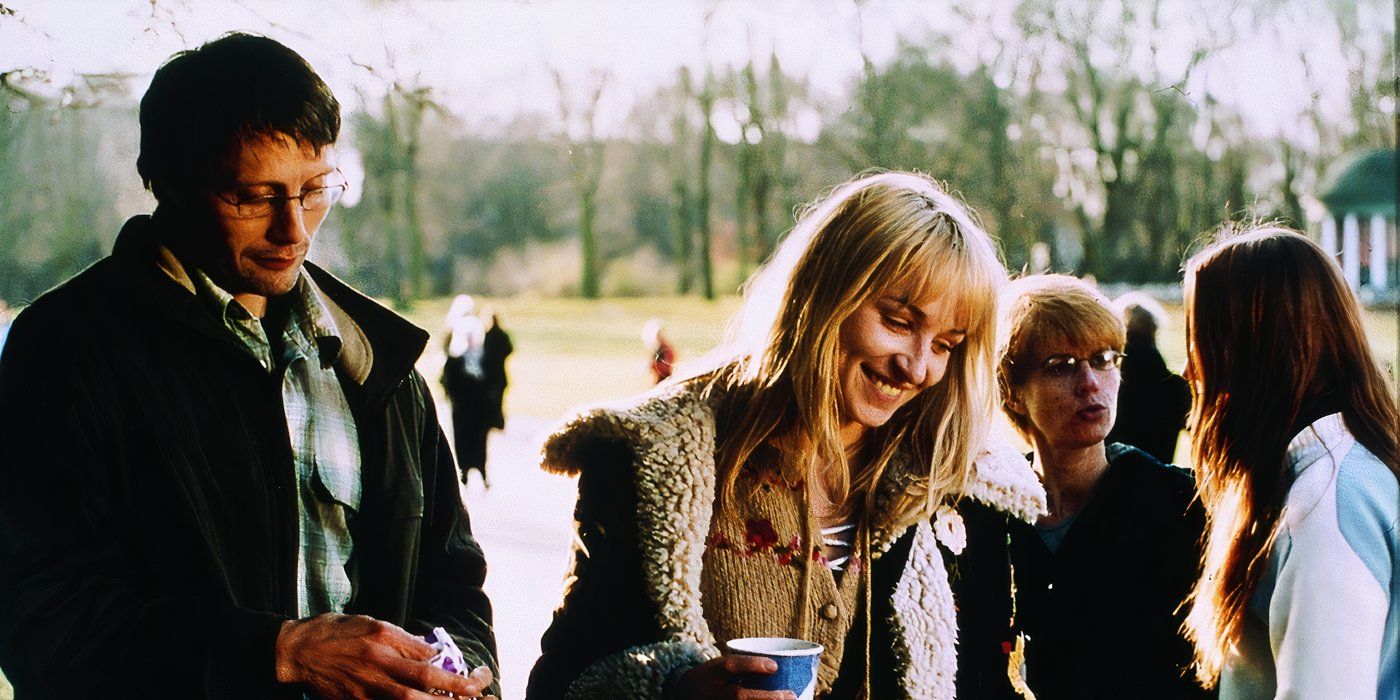 Image via Nordisk Film
Image via Nordisk Film “Sometimes, it’s the simplest things that hold the most weight.” This drama centers on two couples whose lives intersect when one woman, Cecilie (Sonja Richter), is left paralyzed after a car accident. As she struggles with her new reality, her husband, Joachim (Nikolaj Lie Kaas), falls in love with the wife of the man responsible for the accident. The result is a startlingly frank film about unexpected connections and surviving tragedy.
The plot isn't groundbreaking, but director Susanne Bier's sensitive touch elevates it above similar, more middling movies. Yet, she brought a similar restrained and tense approach to her hit Netflix original movie, Bird Box. She uses silence (there's no music to tug at the heartstrings) and stark, shaky cinematography to add realism. Likewise, Bier leaves things open-ended and ambiguous, allowing the viewer to draw their own conclusions. For this reason, Open Hearts was widely acclaimed, currently holding a 93% rating on Rotten Tomatoes.
7 'The King is Alive' (2000)
Directed by Kristian Levring
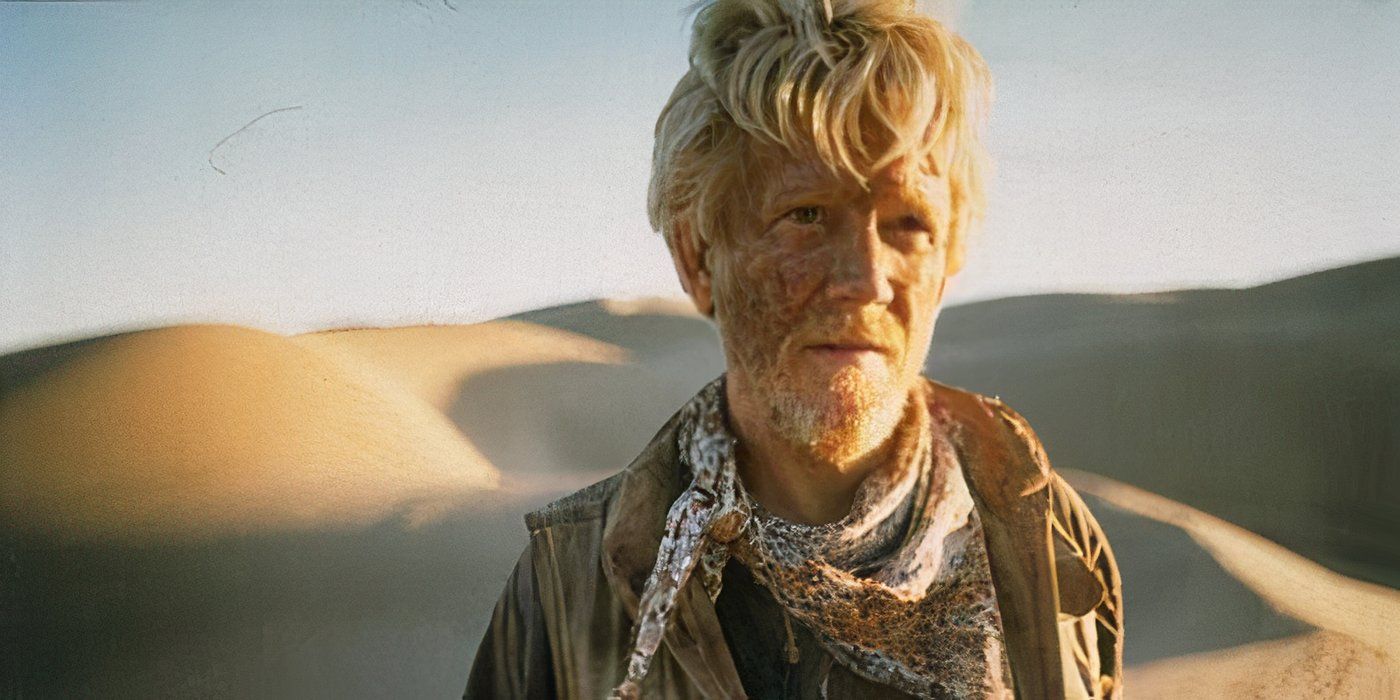 Image via Nordisk Film
Image via Nordisk Film “Sometimes, the only way to escape is to face the truth.” In The King is Alive, a group of tourists find themselves stranded in the desert after their bus breaks down. Isolated and with dwindling resources, the characters become increasingly desperate, resorting to a dramatic retelling of Shakespeare's King Lear to pass the time. The lines between fiction and reality quickly blur as the performance becomes a reflection of their lives.
Again, the premise is not wholly fresh, but the realistic execution makes it surprisingly engaging. The story-within-a-story aspect is handled with a lot more nuance than one might expect. A lot of the praise for this must go to the cast, who are terrific across the board. They include Miles Anderson (who also appeared in Joel Coen's Tragedy of Macbeth) alongside Romane Bohringer and Jennifer Jason Leigh. It adds up to a strong statement on truth, fabrication, and performance, staple themes of Dogme.
Your changes have been saved
The King Is Alive
Release Date May 11, 2000
Runtime 110 minutes
6 'Italian for Beginners' (2000)
Directed by Lone Scherfig
“Love is a language everyone understands.” On the more lighthearted end of the spectrum is this understated romantic comedy about the students at an Italian language class in Copenhagen. Each of them has struggles, ranging from loneliness to emotional insecurity. As they bond over the course, they begin to confront their shortcomings and take tentative steps toward opening up. Naturally, there are sparks and drama along the way.
Italian for Beginners is surprisingly warm and witty, in part thanks to Lone Scherfig's light-touch direction. She handles the ensemble cast well, giving each of the major actors room to flesh out their characters. They run the gamut from a timid hotel clerk and grieving widowed pastor to a brash café owner and a spirited waitress. Scherfig would demonstrate similar powers in her brilliant English-language film An Education, starring Carey Mulligan and Peter Sarsgaard.
5 'Mifune’s Last Song' (1999)
Directed by Søren Kragh-Jacobsen
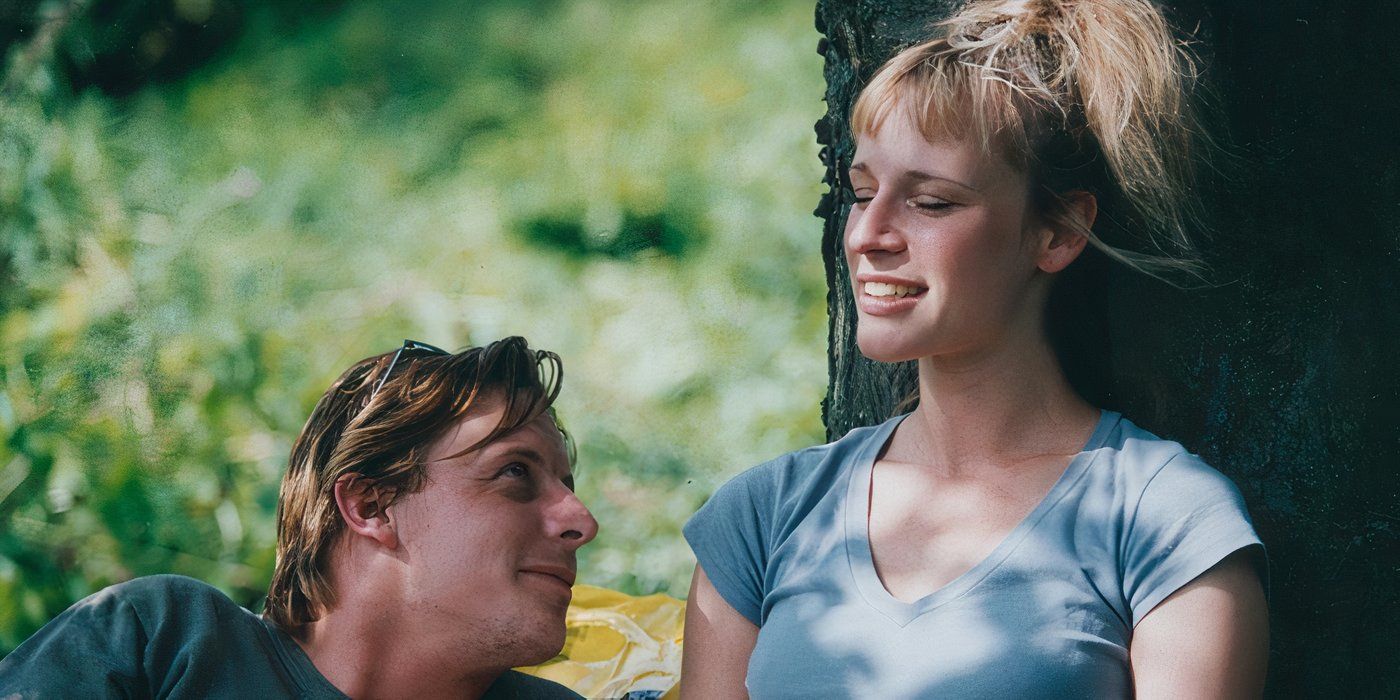
“Sometimes, you need to step out of your own skin to truly see who you are.” Mifune’s Last Song (sometimes known simply as Mifune) tells the story of a man named Kresten (Anders W. Berthelsen), who leaves behind a life of responsibility and obligations to return to his rural Danish roots after the death of his father. There, Kresten is faced with the stark realities of his past, including a disabled brother, Rud, who has been living in isolation. Kresten's new situation forces him to reevaluate his life and the choices he's made.
Director Søren Kragh-Jacobsen took the Dogme principles so seriously that he published a letter confessing to minor breaches of its rules in this film.
The title is playfully intertextual, referring both to the Japanese actor Toshiro Mifune as well as a famous Norwegian poem. The movie leavens its heavier side with a welcome dash of romantic comedy, which made it popular both in Denmark and around the world; it even won the Silver Bear at the 1999 Berlinale. In terms of its style, director Søren Kragh-Jacobsen took the Dogme 95 principles so seriously that he published a letter confessing to minor breaches of its rules in this film.
4 'The Idiots' (1998)
Directed by Lars von Trier
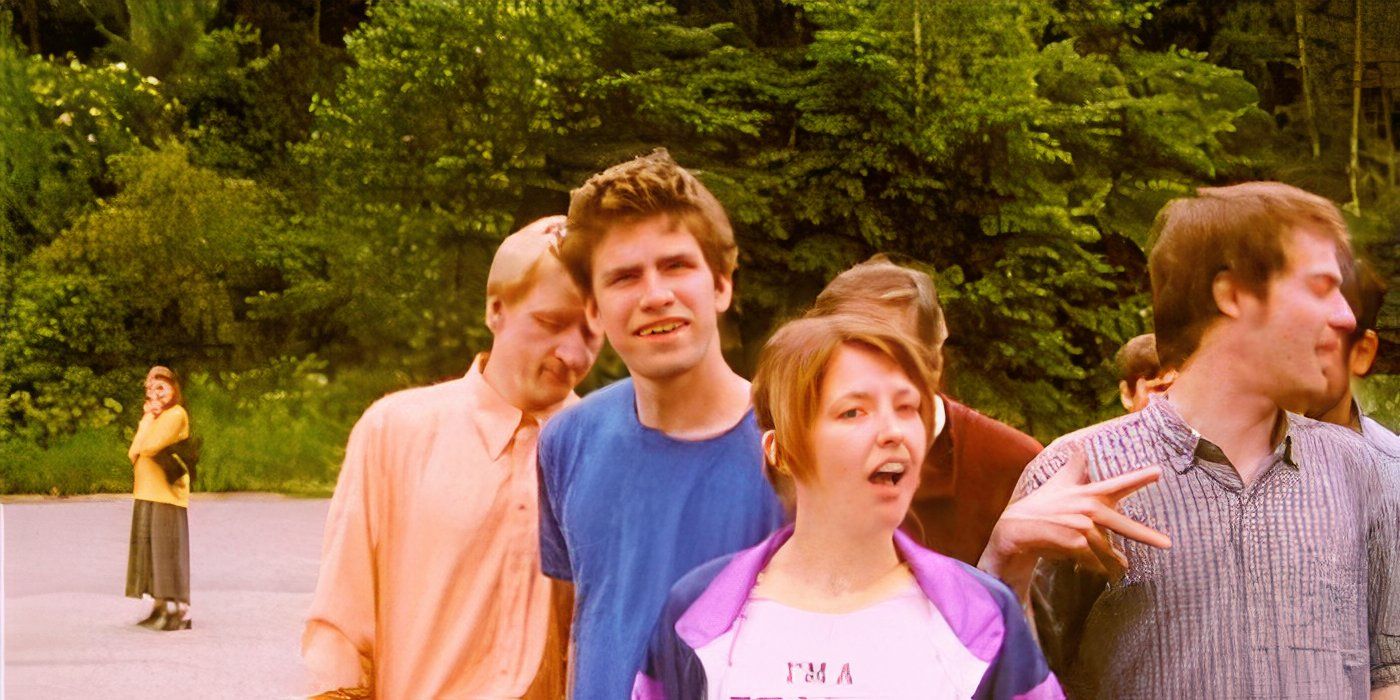 Image via October Films
Image via October Films “Sometimes, you have to be a little crazy to be free.” The Idiots is one of the most provocative Dogme films, as one would expect from eternal trickster Lars von Trier. It's about a bunch of adults who form a commune based on the idea of embracing their inner "idiot"— acting childlike and freeing themselves from societal expectations. As they engage in public acts of absurdity and challenge the boundaries of what is considered socially acceptable, the group is forced to confront their lingering psychological issues.
The Idiots was controversial, mostly because of its nudity and unsimulated sex scenes. It also divided critics, with some calling it funny and sharp while others dismissed it as shallow and pointless. It's certainly not everyone's cup of tea and occasionally feels like rule-breaking for rule-breaking's sake. However, the film's creativity and boldness are undeniable, making it one of the more memorable foreign-language films of the late '90s. It's nothing if not unflinching.
3 'Breaking the Waves' (1996)
Directed by Lars von Trier
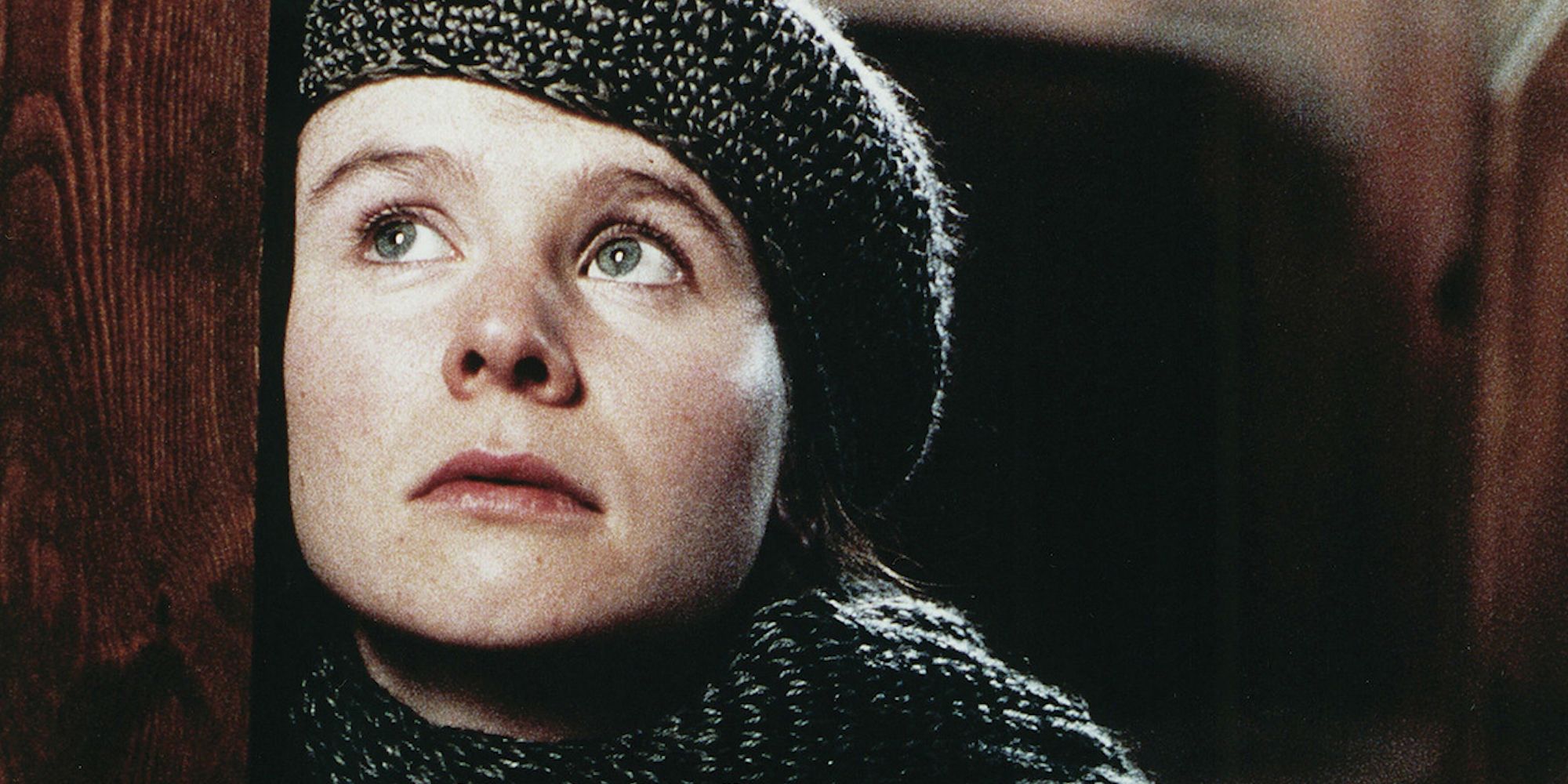 Image via Warner Bros. Pictures
Image via Warner Bros. Pictures “You have to be willing to give everything. Even if it costs you everything.” Perhaps von Trier's most emotional movie, Breaking the Waves introduces viewers to Bess (Emily Watson), a devout woman who sacrifices everything for the man she loves. Things get complicated when her husband, Jan (Stellan Skarsgård), an oil rig worker, is paralyzed and encourages Bess to find a lover.
This is intense material, but the stars rise to the challenge, all turning in layered and committed performances. Emily Watson was particularly acclaimed, going on to receive an Oscar nod for her efforts. Part of the movie's strength is the fact that it treats all its characters complexly. None is relegated simply to "hero" or "villain" status, instead drawn in shades of gray. Although it breaks some rules at the margins, the core of Breaking the Waves is pure Dogme, with a realist approach to the characters as well as the grainy, hand-held visuals.
Your changes have been saved
Breaking the Waves
Release Date November 13, 1996
Runtime 158 Minutes
Writers Lars von Trier
2 'Dancer in the Dark' (2000)
Directed by Lars von Trier
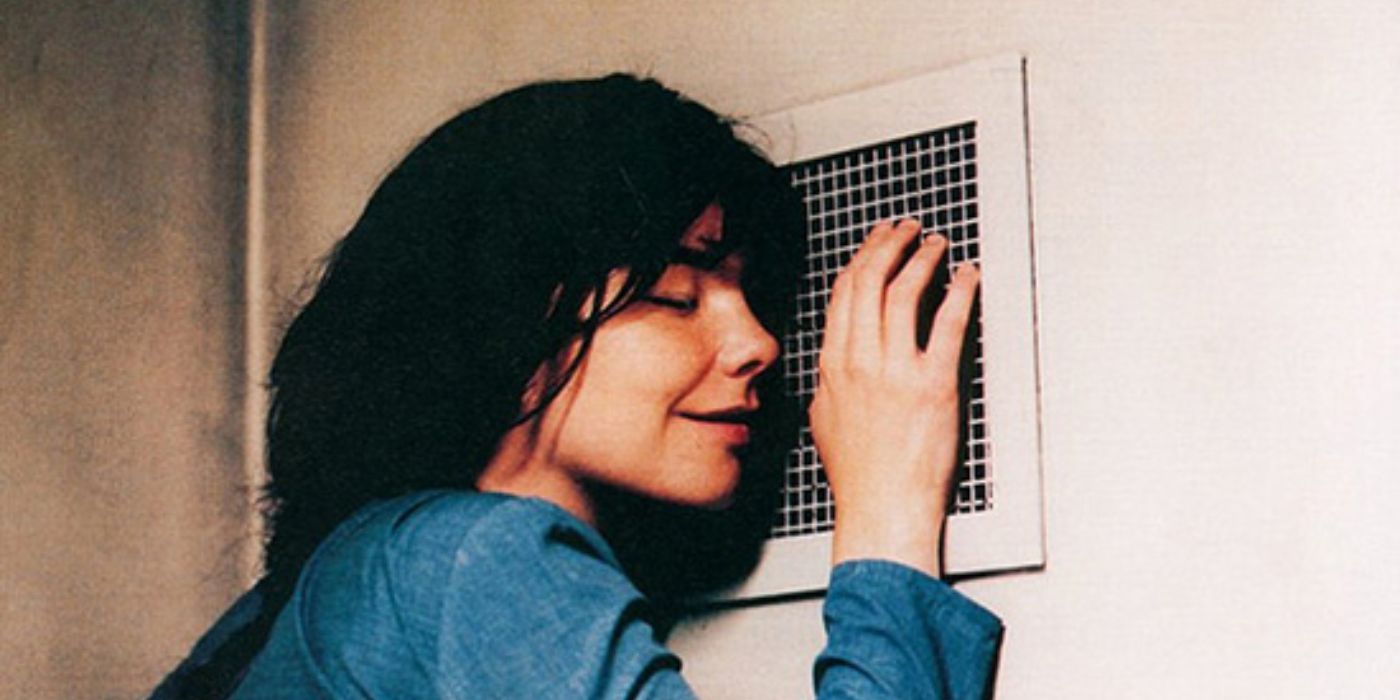 Image via Fine Line Features
Image via Fine Line Features “We’re all in this together, even when it feels like we’re not.” Björk leads this one as Selma, a Czech immigrant working in a factory in America who dreams of a better life for herself and her son. As she begins to lose her sight due to a hereditary disease, Selma becomes obsessed with the idea of providing her son with a better future, even if it means making extreme sacrifices. The film merges elements of musical fantasy with harsh realism, making for a unique and tragic tale.
Once again, von Trier bends some of the movement's rules, but the fundamentals are handled so well that Dancer in the Dark remains an essential example of Dogme 95. The movie is bursting with creativity while also remaining wise and honest in its depiction of heartbreak. Not for nothing, it won that year's Palme d'Or. While Dancer in the Dark is not without its critics, its overall reputation has only grown in the years since.
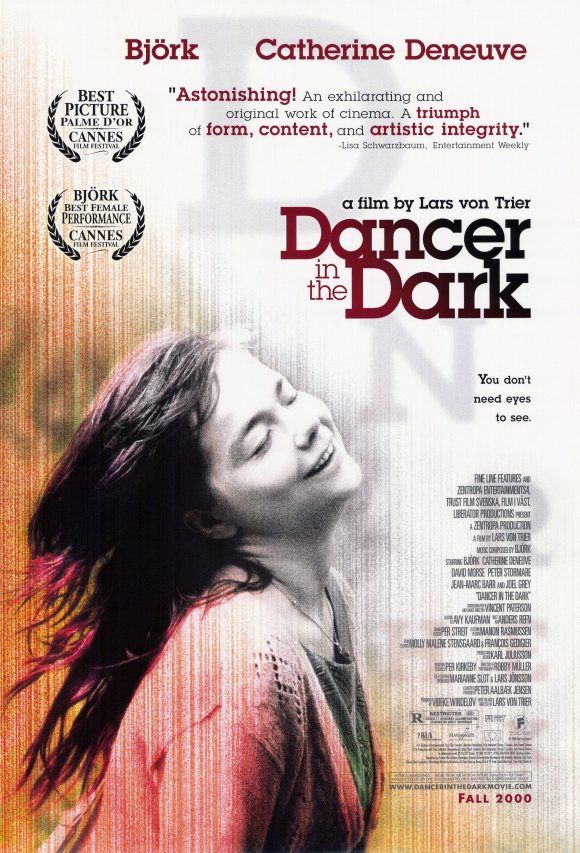
Release Date October 6, 2000
Runtime 140 Minutes
Writers Lars von Trier , Sjon
1 'Festen' (1998)
Directed by Thomas Vinterberg
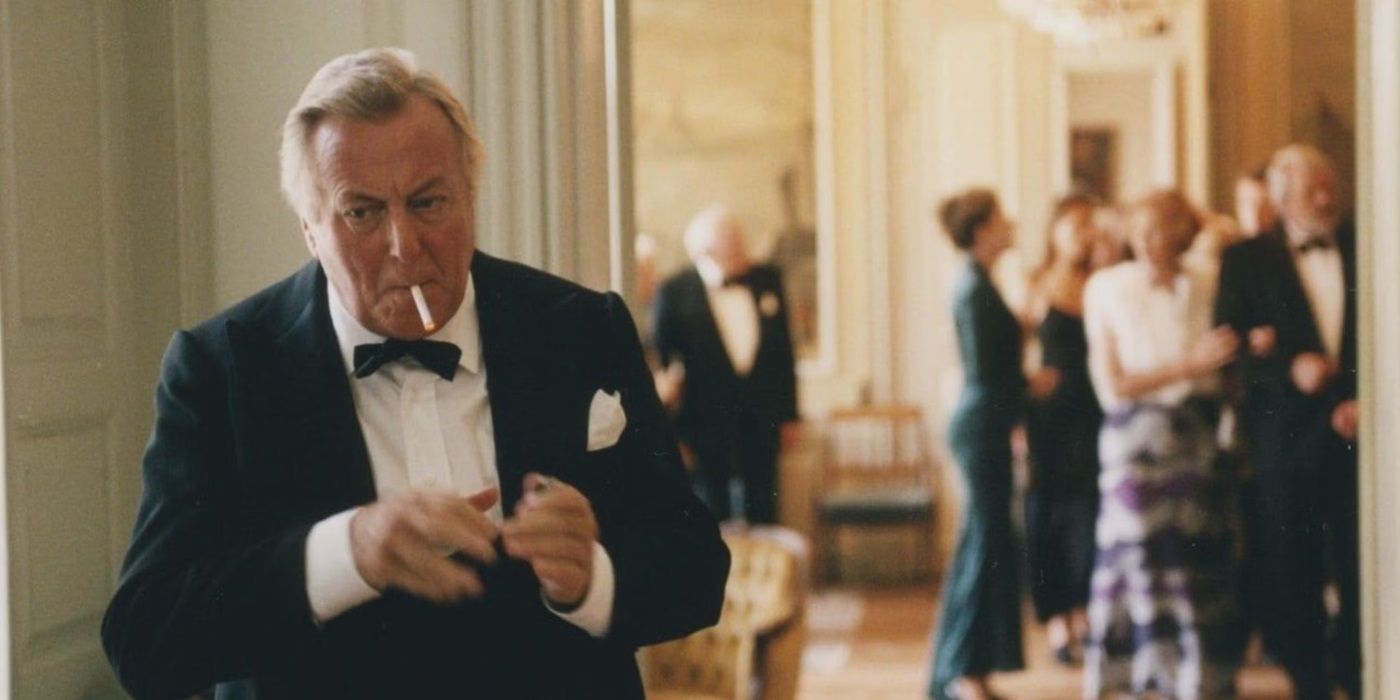 Image via Nimbus Film
Image via Nimbus Film “This is a family. Nothing should break that.” Claiming the top spot on this list is Festen, AKA The Celebration, a searing black comedy/drama that takes place during a family gathering to celebrate the patriarch's 60th birthday. As the celebration unfolds, secrets long buried begin to surface, particularly when the eldest son, Christian (Ulrich Thomsen), stands up and accuses his father of horrific crimes, naturally causing all kinds of fallout.
Festen is a lean and low-budget production, using digital cameras and limited locations, yet it punches far above its weight. Its themes are sophisticated and intense yet handled masterfully, to the point that it almost rises above the Dogme 95 movement altogether. While not the easiest to watch, Festen is simply a great movie. Thomas Vinterberg would go on to make other fantastic films like The Hunt and Another Round, but this remains his masterpiece.
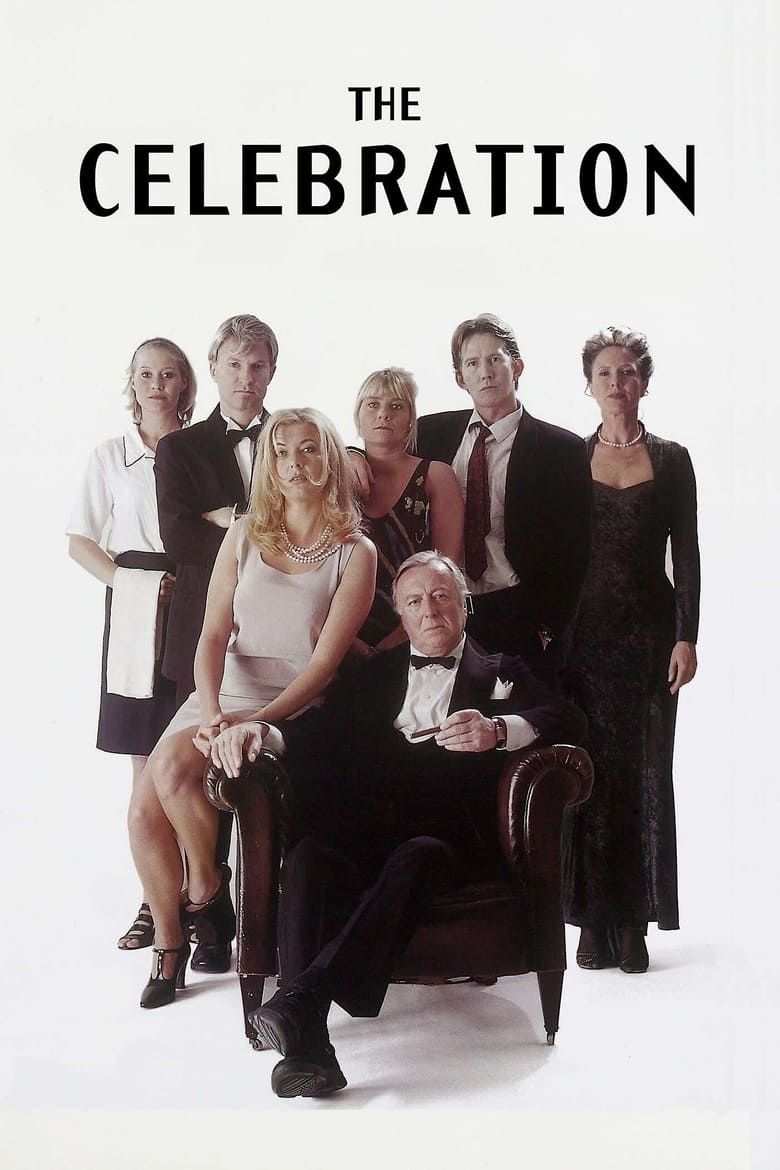
Your changes have been saved
The Celebration
Release Date June 19, 1998
Runtime 105 minutes
Writers Mogens Rukov
NEXT: The 15 Most Historically Accurate Western Movies, Ranked


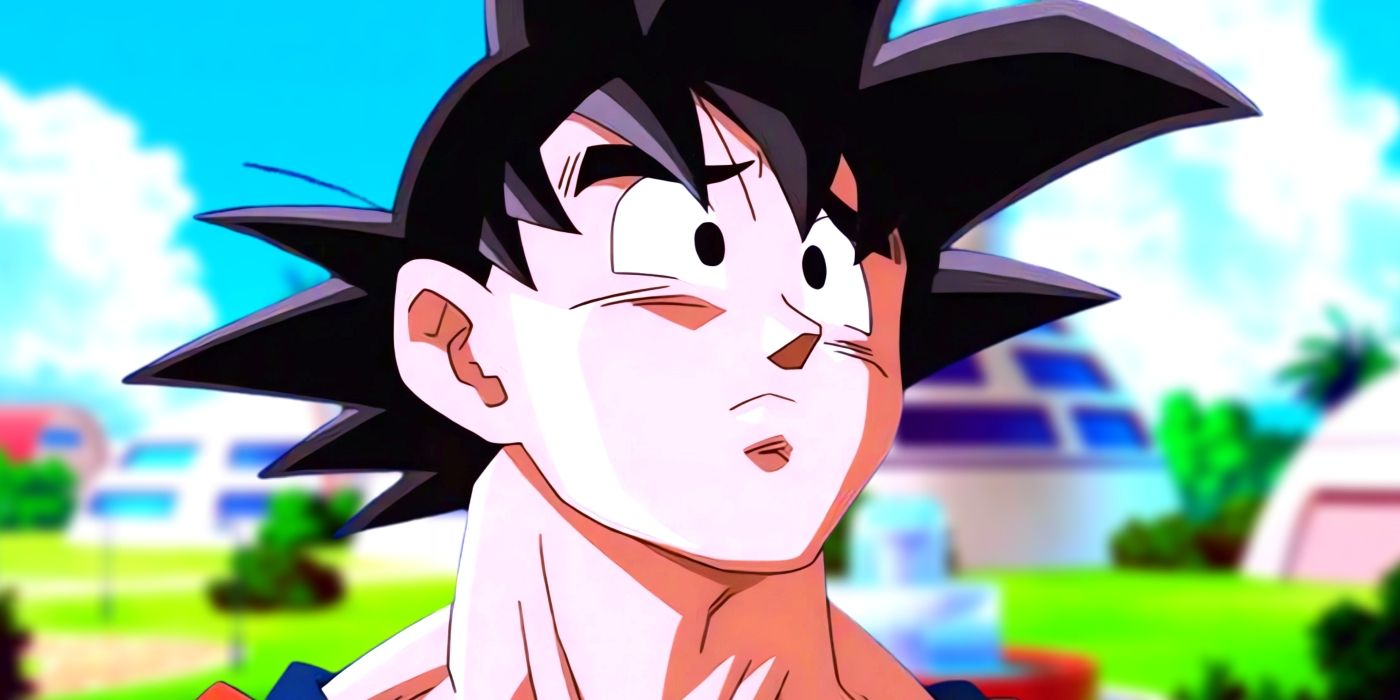
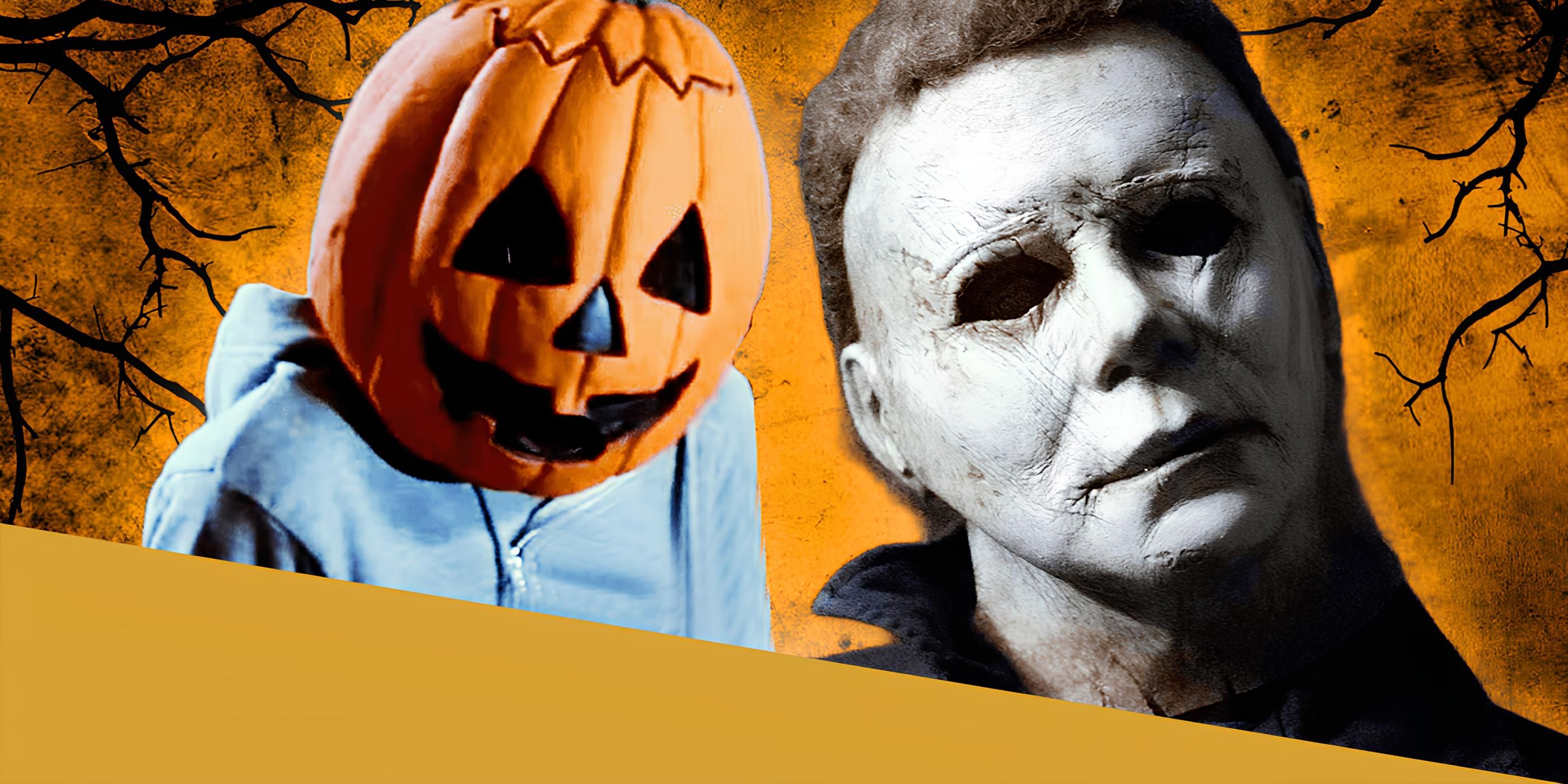





 English (US) ·
English (US) ·